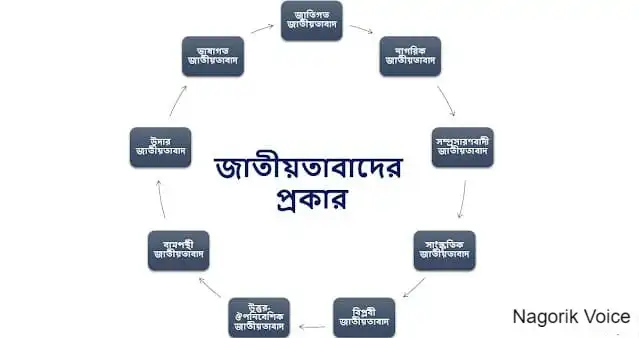A monarchy is a form of government where the complete sovereignty of a nation is entrusted to the hands of a single ruler. From the ancient civilizations to the modern-day, the monarchy has left an indelible mark on the human story.
Throughout the ages, the monarchy has adapted and evolved. It has diverse forms, each reflecting the unique cultural, political, and social contexts of the lands it has governed.
.jpg)
In this article, we will explore the definition, types and countries of monarchy that continue to uphold this venerable system of governance.
What is Monarchy?
A monarchy is a form of government in which a single individual, known as a monarch, serves as the head of state for life or until abdication. The monarch typically inherits the position through a hereditary line, such as being born into a royal family.
In a monarchy, the monarch holds significant powers and authority. Although powers can vary depending on the specific system and country. Monarchs may have executive, legislative, and judicial powers, or they may serve as ceremonial figurehead with limited political influence.
There are mainly two categories of monarchy including constitutional monarchies, where the monarch’s powers are limited by a constitution and shared with an elected government. Second, Absolute monarchies, where the monarch has unrestricted authority.
In modern times, many countries have monarchy forms of government such as the United Kingdom, Spain, Japan, etc maintaining constitutional monarchies and having monarchs as their symbolic heads of state.
Most monarchies only allow male inheritance, such as father to son, elder brother to younger brother, and so on. Although there are some different monarchies, where the king holds office after being elected.
Types of Monarchy
Monarchy is mainly two types include Absolute monarchy and Constitutional monarchy.
1. Absolute Monarchy:
In an absolute monarchy system, the monarch holds complete and unrestricted power. The king exercised control over all aspects of government, including legislation, executive decisions, and judicial matters. The monarch’s authority is not subject to any constitutional limitations or checks and balances.
Examples of absolute monarchy countries such as Saudi Arabia, Oman, Brunei, Qatar, etc.
2. Constitutional Monarchy:
A constitutional monarchy is a system where the monarch’s powers are limited by a constitution or a set of laws. The constitution defines the monarch’s role as a symbolic head of state. The actual governance is carried out by elected representatives or a separate branch of government. The monarch’s powers are usually ceremonial and non-political, with the government being responsible for day-to-day decision-making.
In such a state system, the king or queen of the state becomes the head of state by inheritance or constitutionally. The king or queen does not have the constitutional power of this system. Examples: Canada, United Kingdom, Denmark, Belgium, Luxembourg, Spain, Morocco, Bahrain, Kuwait, Bhutan, Thailand, Malaysia, and Japan.
In a constitutional monarchy, the country has a written or underlying constitution and a central government body like Parliament. Although the payment leader goes through the king and their kingdom’s inheritance. However, they cannot do whatever they want. Instead, they must be governed by a specific constitution of law. Many times in constitutional monarchies, the king is the head only in name, and the country is governed by the parliament and the prime minister.
Another example of a constitutional monarchy is Great Britain. Queen Elizabeth is an official figure. The government is governed by parliament. Parliament and the Prime Minister have the power to make decisions and make laws.
Monarchy Countries
Monarchies still remain around the world. The following list comprises the world’s monarchies as of 2023. Including,
Asia continent
- Bahrain
- Bhutan
- Brunei (sultanate)
- Cambodia
- Japan
- Jordan
- Kuwait
- Malaysia
- Oman (sultanate)
- Qatar
- Thailand
- Saudi Arabia
- United Arab Emirates
Europe continent
- Andorra
- Belgium
- Denmark
- Liechtenstein
- Luxembourg
- Monaco
- Netherlands
- Norway
- Spain
- Sweden
- United Kingdom
- Vatican City
Africa continent
- Eswatini
- Lesotho
- Morocco
- Tonga
.jpg)


